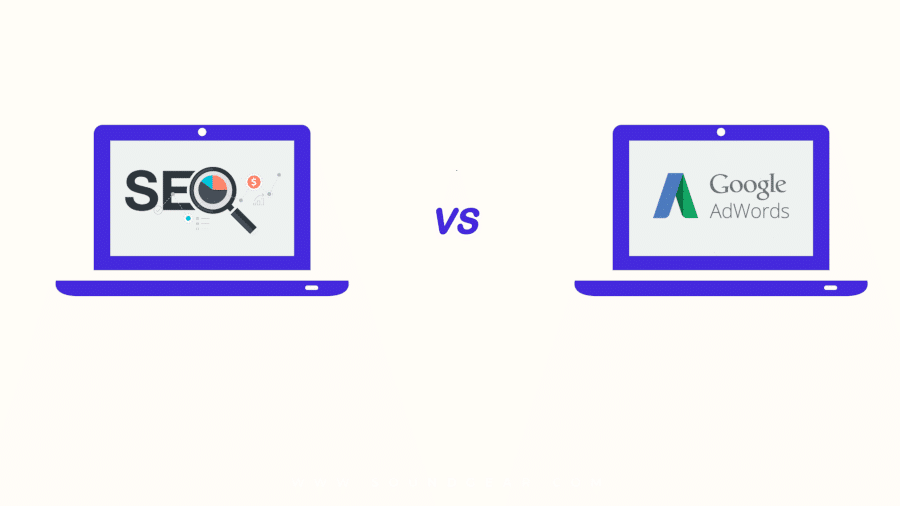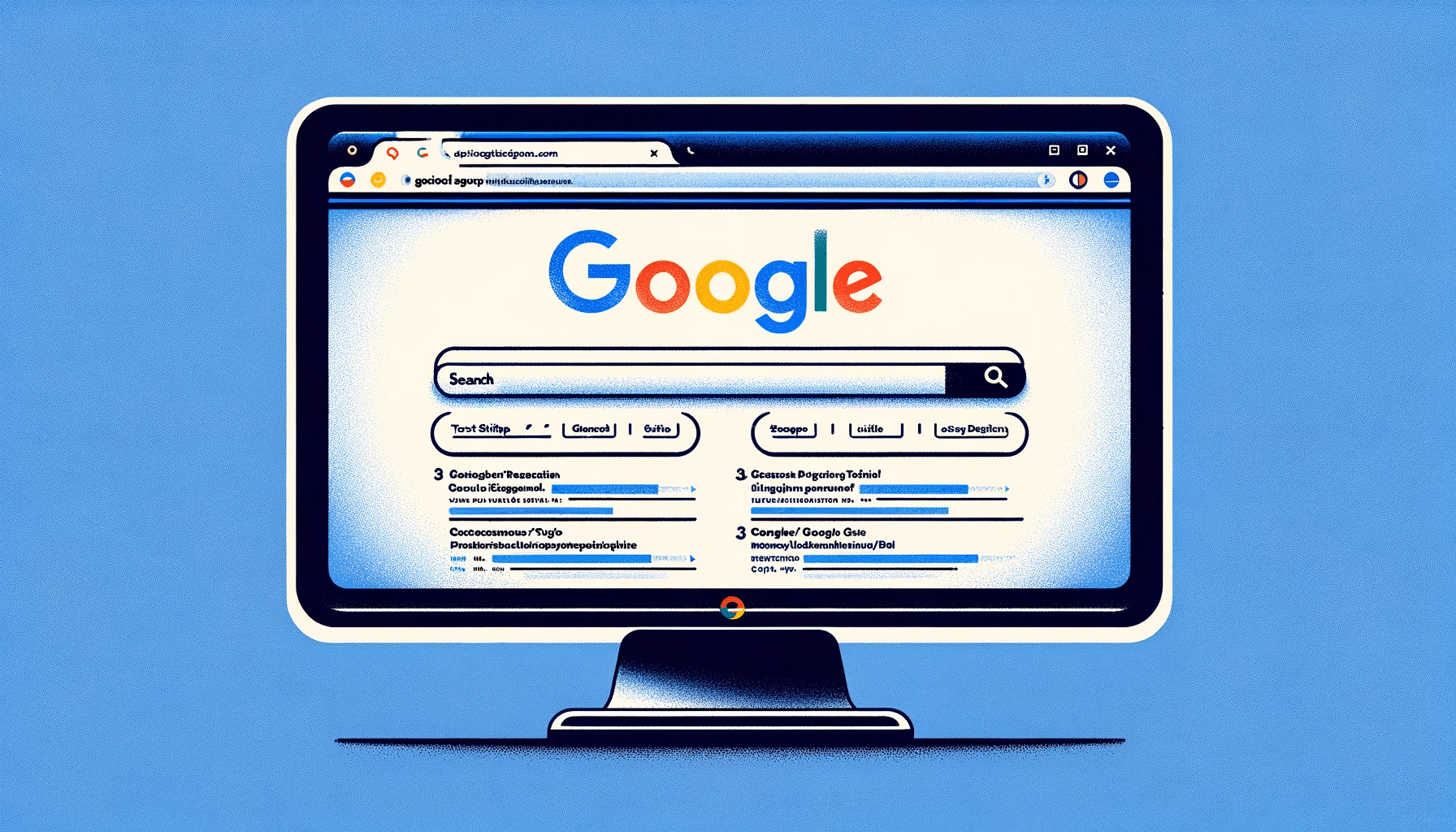A successful business is very often a visible business. In the age of the Internet, this visibility is achieved through search engines such as Google, Bing and Yahoo. But competition there is fierce. To make your mark, it's vital to adopt the right strategy, namely SEO. In this article, we'll explain what SEO is all about, as well as the upheavals brought about by Artificial Intelligence.
What is SEO?
SEO stands for Search Engine Optimisation. In practical terms, it means helping the pages of a website to reach the top positions of search engines.
The implementation of an SEO strategy is based on 3 fundamental pillars:
- Technique: this is the way in which the site is put together. This includes loading times, Hn tags, meta descriptions, redirects, etc.
- Backlinks: these are all the internal and external links. Internal links define the overall architecture of the site, making it easier to navigate. External links come from third-party sites. In so doing, they add authority to the site.
- Content: to improve their positioning, companies need to provide Internet users with quality content, while enabling search engines to understand the purpose of the text.
- To do this, it is essential to define a key query (corresponding to the user’s search intention) and to enrich the semantic field.
We can also add a fourth pillar: user experience.
Good to know: To improve their online visibility, companies can also develop their presence on social networks or their search engine advertising strategy, also known as SEA.
What's the difference between SEO and SEA?
Like SEO, SEA (search engine advertising) helps companies to position their website on the first page of the SERP. But this is paid search. Organisations pay for advertisements to appear on the SERP. The bids then determine their position in the search engine results.
Thanks to this technique, it is possible to appear in first position much more quickly. This is not the case with SEO, where you often have to wait several months to gain positions. However, as soon as a company stops paying, its ranking drops drastically. That’s why it’s advisable to combine SEO and SEA strategies in parallel. SEA allows you to position yourself quickly, while SEO allows you to position yourself over the long term.

What impact is the development of Artificial Intelligence having on SEO?
Since the end of 2022 and the rise of ChatGPT at the end of 2022, SEO experts have been particularly perplexed by the development of Artificial Intelligence. Is this the end of search engines as we know them? Will AI take over the work of SEO professionals?
The end of Google's monopoly
The development of ChatGPT caused a wave of terror at Google. And with good reason: even without using the Internet, this conversational tool proved capable of answering web users’ questions with impressive precision. And Google’s objective is precisely to answer web users’ questions. While up until now the company has clearly held a monopoly, the competition promises to present many challenges.
Especially as Open AI (acquired by Microsoft) is not the only participant in the AI race. Whether it’s the tech giants or new start-ups, many players are also developing their own Artificial Intelligence solutions, which are likely to completely overhaul consumer behaviour when it comes to online searches. Search engines will be disrupted, and Googler is in danger of losing its hegemony.
Generative AI on Google Search
At the Google I/O conference in May 2023, the web giant announced the development of generative AI in search results. From now on, Google Search will display results generated by artificial intelligence in first position.
The aim is to provide web users with as many answers to their questions as possible. With this feature, SEO content will take a back seat. However, Google still wants to send traffic to websites.
Faced with these changes, SEO experts will have no choice but to adapt.
Artificial Intelligence, an assistant rather than a human being
According to a study by Goldman Sachs, AI now threatens 300 million jobs worldwide. Should SEO professionals fear for their future?
The answer is no; artificial intelligence is not yet ready to replace humans. Whether it’s developing a well thought-out SEO strategy or creating quality content, it’s still brainpower that counts. Even though natural language processing is becoming more and more efficient, there is still a significant difference between texts written by machines and those written by human beings. Generative AI is not intended to replace SEO experts and agencies
That being said, this technology can save time for SEO professionals. For example: coming up with ideas for titles, creating article plans, discovering keywords, etc. It will therefore be necessary to adapt and learn to use this new tool.
AI, ever present in SEO
While artificial intelligence is developing at breakneck speed, it has always been present in SEO. At Google, it’s called LaMDA (for Language Model for Dialog Applications). This is an algorithm that enables search engines to understand the content of web pages. The more AI develops, the more Google is able to respond to the search intentions of web users, even the most complex. With the many updates to its algorithm, the web giant is maximising its performance. And that’s only possible thanks to AI.

Things to remember
- SEO enables companies to improve their positioning on search engines. And in a natural way.
- This is in contrast to SEA, which involves paying for sponsored links in order to appear in the top positions.
- While SEO is one of the key strategies in inbound marketing, it could undergo a number of changes as a result of the development of Artificial Intelligence.










